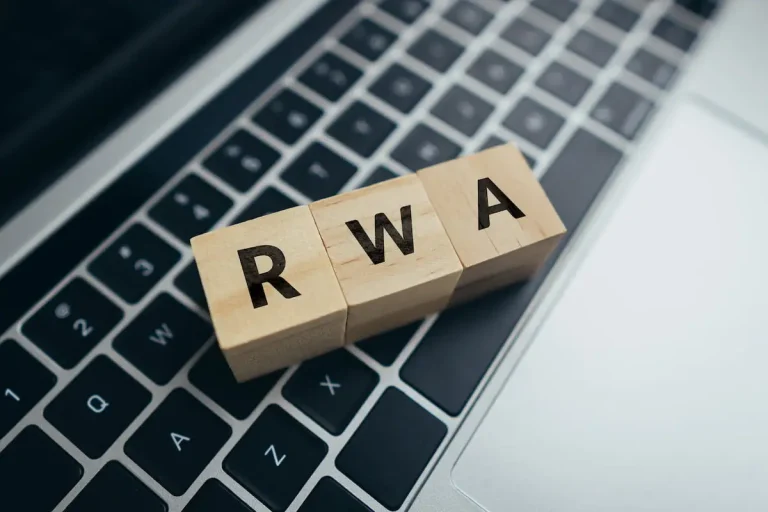Despite this fall in its use, PCP is still a matter of concern to health authorities and drug agencies. Results of a National Survey on Drug Use and Health, published by Substance Abuse and Mental Health Services Administration (SAMHSA), show that, in 2015, 0.2 percent of 12- to 17- year olds had tried it at some time in their life. Treatment with a drug rehabilitation center or pcp angel dust: effects, hazards extent of use addiction professional is recommended. The first step toward withdrawing from PCP is to seek supportive therapy.
Recovery and Treatment Options for PCP
All our primary care doctors are board certified in internal medicine and some also have a focus on pediatrics or geriatrics. We are skilled at diagnosing symptoms and prescribing the best treatment, and are committed to providing you with the highest level of quality, patient-centered care. Consistent, quality medical care is essential to your ongoing health and well-being. Even if you’re healthy, you need a primary care doctor you can turn to. Having a trusted primary care physician who knows you and your health concerns is an important step toward achieving and maintaining good health.
What’s a PCP? MIT Medical
As our patient, you will have full access to the resources of the Mount Sinai Health System. We are dedicated to providing our patients with the best care possible at Mount Sinai Doctors-Bellmore. We offer new patient visits, follow-ups, urgent appointments and telehealth visits.
PCP (primary care physician or primary care provider)
Also contact your provider if you are having withdrawal symptoms that concern you. Phencyclidine, otherwise known as PCP, is a hallucinogenic dissociative drug that’s available as a white crystalline powder or a clear, yellowish liquid. Though it was once used as an intravenous anesthetic, PCP is now used for its psychoactive effects. While distressing, withdrawal from PCP is not life threatening. Recovery takes time, however, as the person will need support as they learn the skills necessary for a drug-free life. Users of PCP are often brought to emergency rooms because of the drug’s severe psychological effects and violent or suicidal behaviors.
It can make you feel euphoric, disconnected from reality, and give you hallucinations. Side effects at low doses include numbness and loss of coordination. In large doses you may become violent and agitated, as well as have a racing heart, high blood pressure, and extreme sweatiness. A very large dose can lead to kidney failure, seizures, coma, or death.
- If the effects don’t wear off, it’s important to get medical help right away.
- Often, death is not caused directly by the drug but rather from your behavior while on the drug.
- Typically, most PCP use is intermittent, but it’s possible to experience a tolerance and addiction to PCP with regular use.
- Activated charcoal has been shown to absorb PCP in the stomach.
- At Mount Sinai, our mission is to provide exceptional patient care.
- Higher doses or frequent use can cause severe depression and anxiety, along with suicidal thoughts and behavior.
Phencyclidine Intoxication and Adverse Effects: A Clinical …
Treatment programs use behavior change techniques through counseling (talk therapy). The aim is to help you understand your behaviors and why you use PCP. Involving family and friends during counseling can help support you and keep you from going back to using (relapsing).
At dayofdifference.org.au you will find all the information about Medical Use For Pcp. At dayofdifference.org.au you will find all the information about Medical Usage Of Pcp. At dayofdifference.org.au you will find all the information about What Is The Medical Use Of Pcp.
Substance use – phencyclidine (PCP)
PCP was initially developed as a general anesthetic for surgery by Parke Davis Pharmaceutical Company. Though it was briefly used in humans, it was soon discontinued due to its psychological and behavioral side effects. PCP is a drug that can cause a variety of physical and psychological symptoms, which often increase in intensity with higher dosages. Chronic PCP use can cause toxic psychosis, especially if you have a history of mental health issues. HPPD causes you to experience flashbacks and hallucinations for a long time after substance use. As with all intoxications, a blood glucosemeasurement should be obtained, and 100 mgthiamine and dextrose 50% should be administeredif the blood sugar is abnormally low.
- Factors like how much you use and whether you’re using other substances also affect how long you feel angel dust.
- Our practices range from those that focus on caring for the elderly and homebound to all adults, regardless of insurance.
- You can also join a virtual or in-person support group and connect and share with others who’ve been through a similar experience.
- Long-term or chronic use of dissociative drugs like PCP may also cause speech difficulties, memory loss, suicidal thoughts, social withdrawal, and anxiety.
- We offer new patient visits, follow-ups, urgent appointments and telehealth visits.
Our team is supported by social workers who help ensure that every patient’s needs are met. For an immediate problem, second opinion, or other issue, Mount Sinai offers in person and online appointments today throughout New York City. Depending on your need and the time you call, we can schedule a same-day visit (excluding holidays and weekends). Nida.nih.gov/research-topics/psychedelic-dissociative-drugs.
At dayofdifference.org.au you will find all the information about Pcp Medical Uses. PCP goes by many other street names, including boat, hog, ozone, wack, peace pill, dust, and embalming fluid. When it’s mixed with marijuana, it may be referred to as supergrass, superweed, whacko tobacco, and killer joints. At dayofdifference.org.au you will find all the information about Medical Use Of Pcp Drug.
Thus, young children are very sensitive to PCP,and develop serious neurologic signs with minimalexposure. When you take a higher dose of angel dust, it might cause you to have strange behaviors and postures, such as spasms that cause you to arch your back, head, and neck. PCP might make you feel euphoric, happy, and joyful. You might experience beautiful visions, a sensation of floating, and feel fearless.
Naloxone, totreat potentially coingested opiates, is notnecessary in patients with adequaterespiration. PCP can show toxic symptoms at a dose of 0.05 mg/kg. At 20 milligrams or more, you might have seizures, go into a coma, or die. Some drugs that have tested false positive for PCP include alprazolam, carvedilol, clonazepam, dextromethorphan, diphenhydramine, and tramadol.
Higher doses or frequent use can cause severe depression and anxiety, along with suicidal thoughts and behavior. Feelings of depression and anxiety are common effects, even with low doses of PCP. Factors like how much you use and whether you’re using other substances also affect how long you feel angel dust. PCP’s effects generally last from 6 to 24 hours but linger up to around 48 hours in some people. In people with more body fat, effects can come and go or fluctuate over a few days to months. At a lower dose, PCP makes you feel euphoric, floaty, and disconnected from your body and surroundings.










.jpeg)
.jpeg)
.jpeg)




